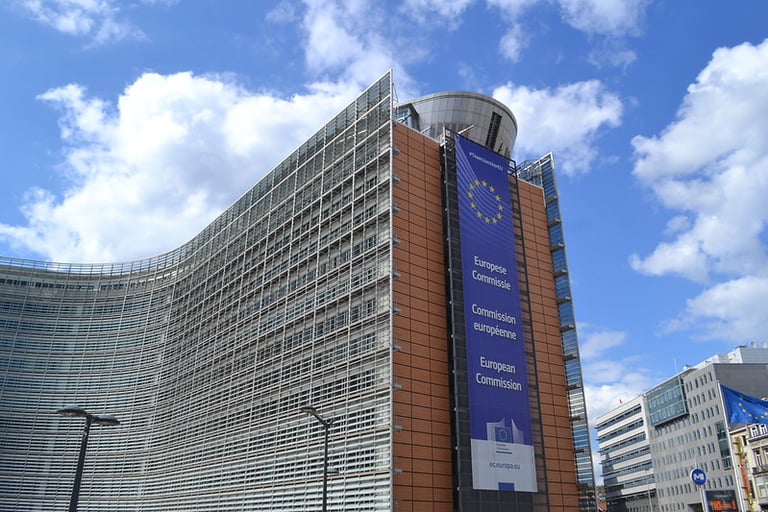Exploring the European Commission's 2026 Work Programme: Enhancements for Rule of Law and Technology
10/22/20252 min read
Introduction to the 2026 Work Programme
The European Commission has unveiled its 2026 Work Programme, highlighting critical initiatives designed to bolster the rule of law and enhance technology application across Europe. This annual work programme serves as a roadmap for addressing numerous pressing issues while promoting independent journalism, combating unfair consumer practices, and providing safer online environments for the youth. It misses several key points, and worst of all it will also dismantle key protections for workers and the environment.
🤖 New initiatives relevant for those working on rule of law and tech
- New Media Resilience Programme to support independent journalism and
media literacy.
- The Digital Fairness Act will tackle outstanding unfair and deceptive consumer practices
- The Action plan against cyberbullying will create safer online environments
for young people
⚖️ Strengthening the Rule of Law
Moreover, the work programme features an anti-corruption strategy. It emphasizes that democracies flourish when supported by independent and effective judicial systems and law enforcement bodies. This initiative highlights the necessity of safeguarding these institutions from corruption, disinformation, and manipulation, reinforcing the backbone of governance. A comprehensive review of the EU’s judicial framework will further ensure that rule of law remains uncompromised across member states.
Concrete proposals:
EU Anti-corruption strategy: Explanation from the Work Programme: "Democracies thrive when they are supported by independent and effective judicial systems and law enforcement bodies. They must be protected from corruption, disinformation and manipulation.".
Review of the EU’s anti-fraud architecture to strengthen oversight and accountability
📛 De-regulation
Areas affected: automotive, environment, taxation, food and feed safety, medical devices and simplifying energy product legislation, digital legislation and data protection, simplify public procurement, competition in media and review rules applicable to audiovisual media markets
🆕 New Initiatives
- 28th Regime for Innovative Companies (legislative, Articles 50 and 114 TFEU, Q1 2026) - Part of the de-regulation agenda, see trade union EPSU's views on this pro-corporate regime here
- Public Procurement Act (legislative, Article 114 TFEU, Q2 2026) - Potential impact on digital sovereignty
- Cloud and AI Development Act (legislative, Article 114 TFEU) and Chips Act (legislative, Articles 114 and 173 TFEU) (Q1 2026)
- Communication on better regulation (non-legislative, Q2 2026)
- Citizens omnibus (legislative, Q4 2026) - ?
- Anti-corruption strategy (non-legislative, Q4 2026)
- Digital Fairness Act (legislative, Article 114 TFEU, Q4 2026)
Conclusion
The European Commission's 2026 Work Programme represents a continuation of previous work programmes and lacks the ambitions that we need as citizens living in increasingly fragile democracies. Despite well-intended efforts on independent journalism, digital fairness, and the safety of young internet users, the Commission has lacked the ambition to propose an ambitious programme to build digital sovereignty for Europe and to strengthen civil society. This may come in the future EU budget (Multiannual Financial Framework 2028-2034) but it remains to be seen.
Worse, it brings even more de-regulation with the excuse of simplification. The Digital Omnibus (coming up on 19 November) may dismantle the digital legislation we have adopted in the last 10-15 years in the benefit of corporations. More areas for de-regulation are now targeted for 2026.
Embracing the initiatives that these times require would not only enhance rule of law but also instill confidence in the European Union's commitment to uphold the principles of democracy and justice. Will the Commission have the ambitions to do that? Only if civil society mobilises at the EU and national level we can make this happen.


"Berlaymont building, Brussels" by daniel0685 is licensed under CC BY 2.0.